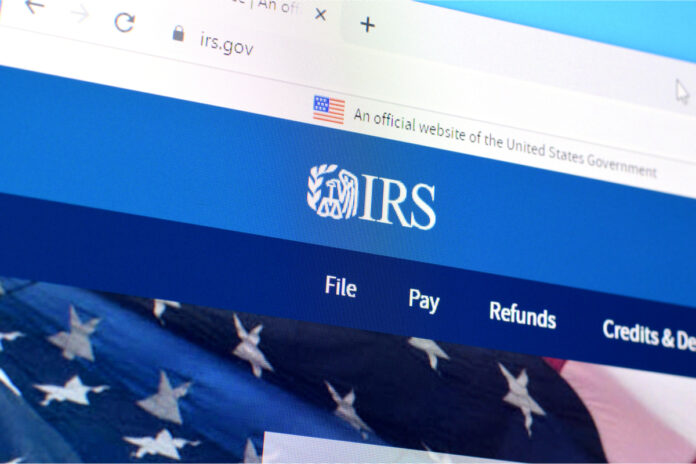WASHINGTON, D.C. – The Internal Revenue Service (IRS) has posted an online resource page for the legal cannabis industry. The action comes after the U.S. Department of the Treasury issued a report in April that criticized the IRS for not providing cannabis industry businesses with guidance and resources, in order to pay federal taxes.
“A key component in promoting the highest degree of voluntary compliance on the part of taxpayers is helping them understand and meet their tax responsibilities while also enforcing the law with integrity and fairness to all,” the IRS said on the page. “This article provides general guidance including frequently asked questions for taxpayers in the marijuana industry.”
Federal taxation of legal cannabis is grey area that is confusing even to industry members. Because cannabis continues to be classified as a Schedule I drug by the Controlled Substances Act, it is technically an illicit substance like heroin or LSD.
However, income is income, and the new page posted to the IRS website aims to help cannabis businesses file and pay their federal taxes.
This, despite the fact that legal cannabis businesses are unable to take advantage of tax benefits or deductions considered routine for other legal industries. Cannabis businesses also are often excluded from federal aid, like disaster relief—particularly important this year, and available to other legal businesses.
Federal prohibition in the United States makes cannabis business accounts too risky for banks, payment processors, and other financial services; hence, the importance of the agency’s advice about how to pay taxes in large amounts of cash.
The agency added, “The IRS understands this is a new and growing industry and provided frequently asked questions about record keeping, cash payment options, large cash amounts, and other related topics to help promote voluntary compliance in the industry. In addition to this page, the IRS also offers a wealth of general small business guidance and resources on IRS.gov.”
FAQs on the page include:
- My business is a marijuana dispensary that I operate in compliance with my state’s laws. The federal government considers this an illegal activity. Do I have the same income and employment tax filing obligations as any other business?
- If I can’t fully pay the amount I owe, are payment plans available that I can afford?
- What penalties or additions to tax could a participant in the marijuana industry be subject to if adjustments are made during an income tax audit?
- Will penalties under section 6662 be proposed if an audit ends with the IRS proposing adjustments for a participant in the marijuana industry?
- I operate a business that consists of selling marijuana. Can I claim deductions to determine my taxable income?
- What do I need to do for cash payments over $10,000 concerning information returns?
In related news, the U.S. House is set to vote next week on the MORE Act; legislation that would remove cannabis from Schedule I status, effectively decriminalizing cannabis nationwide. There is no indication the IRS webpage has been prompted by the pending legislation, which would need approval from the House and Senate.
Some local government officials have also addressed tax burdens shouldered by the cannabis industry.
San Francisco City Supervisor Rafael Mandelman last week introduced legislation that would delay an increase in local cannabis sales tax until after the 2021 tax year, in order to help small business operators. The “Additional Tax on Cannabis Businesses” was set to begin January 1, 2021 and would impose a gross receipts tax ranging from 1 percent to 5 percent, depending on type of business and total sales.
“Now is no time to be imposing a new tax on small businesses,” Mandelman told the San Francisco Examiner. “By deferring the Cannabis Business Tax by one year, we can help stabilize these businesses and provide time for the state to adjust its tax structure and for the Biden Administration (we hope) to update federal policies.”










